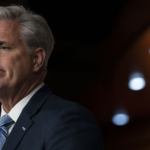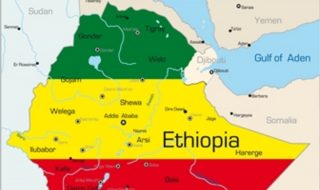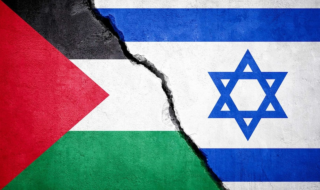
IMF approves third disbursement of US$114.6m
The International Monetary Fund’s board on Wednesday approved a third disbursement of US$114.6million under the country’s three-year aid programme, urging government to further tighten fiscal controls to curb rising public debt.
Ghana’s three-year arrangement for SDR 664.20 million (about US$918million or 180 percent of quota) was approved on April 3, 2015. It aims to restore debt sustainability and macroeconomic stability in the country, thus fostering a return to high growth and job-creation while protecting social spending.
Touted as one of the continent’s strongest performers, the slump in global commodity prices and a fiscal crisis that drove its debt-to-GDP ratio to more than 70 percent have put the economy under severe stress.
Wednesday’s approval followed a successful second staff level review in November, although concerns remain about the country’s financial management and rising inflation, the Fund said in a statement.
Mr. Min Zhu, Acting Chair and Deputy Managing Director said: “Implementation of the ECF-supported programme by the Ghanaian authorities continues to be broadly satisfactory, but the economic outlook remains difficult with risks tilted to the downside. It is encouraging that the government’s fiscal consolidation efforts are on track, and that electricity production capacity is being gradually increased”.
The ECF is a lending arrangement that provides sustained programme engagement over the medium to long-term in case of protracted balance of payments problems.
“The authorities should resolutely continue their fiscal consolidation efforts. With government debt continuing to increase and financing remaining a challenge, the 2016 budget rightly aims at a stronger consolidation than originally envisaged. In this regard, it is essential that government sticks firmly to its policy of strict expenditure controls, by maintaining the wage bill within the budget limits while controlling discretionary spending and protecting priority spending. It is also important to continue adhering to the domestic arrears clearance plan and avoid incurring new domestic or external arrears. The authorities’ commitment to implementing corrective measures if fiscal risks materialise is welcome.
“To ensure that gains from fiscal consolidation will be sustained over the medium-term, effective implementation of a wide range of ambitious reforms is needed. These include measures to broaden the tax base and enhance tax compliance, strengthen control of the wage bill, and enhance public financial management. The difficult financial situation of several state-owned enterprises in the utilities sector also calls for strong actions to avoid additional pressures on the budget.
“Against the backdrop of continued large financing needs and tight domestic and external financing conditions, the new medium-term debt management strategy is a welcome step to help reduce near-term financing risks — while balancing domestic and external financing in a way that will not jeopardise debt sustainability. The authorities should complement their strategy by stepping-up work to deepen the domestic debt market.
“To help bring inflation down toward its medium-term target, Bank of Ghana (BoG) should stand ready to further tighten monetary policy if inflationary pressures do not recede as expected. The preparation of an amended Bank of Ghana Act, and BoG’s commitment to gradually deepen the foreign exchange market, will help make the inflation-targetting framework more effective.
“Financial sector stability will need to be monitored closely in a context of deteriorating asset quality. The BoG should take immediate steps to increase resilience and address weaknesses in asset classification. Prompt implementation of the new banking laws currently under review by Parliament is also essential to safeguard financial sector stability.”
Ghana’s annual consumer inflation has been consistently above government’s target in the past year — forcing the central bank to announce increases in its benchmark policy rate, which stood at 26 percent in November from 21 percent in February.
Annual consumer price inflation rose marginally to 17.7 percent in December from 17.6 percent the month before, the statistics office said on Wednesday.
“The main drivers came from the non-food group, partially fuelled by last month’s utility price increases and a bit of an increase in transport fares,” government statistician Philomena Nyarko told a news conference.
Ghana is implementing a three-year aid programme with the International Monetary Fund (IMF) in an attempt to restore macro-economic balance in the face of problems including inflation running persistently above government targets.
Market-watchers are watching closely January’s inflation numbers, following a steep rise in utility and other prices.
Source: B&FT Online | Ghana
















